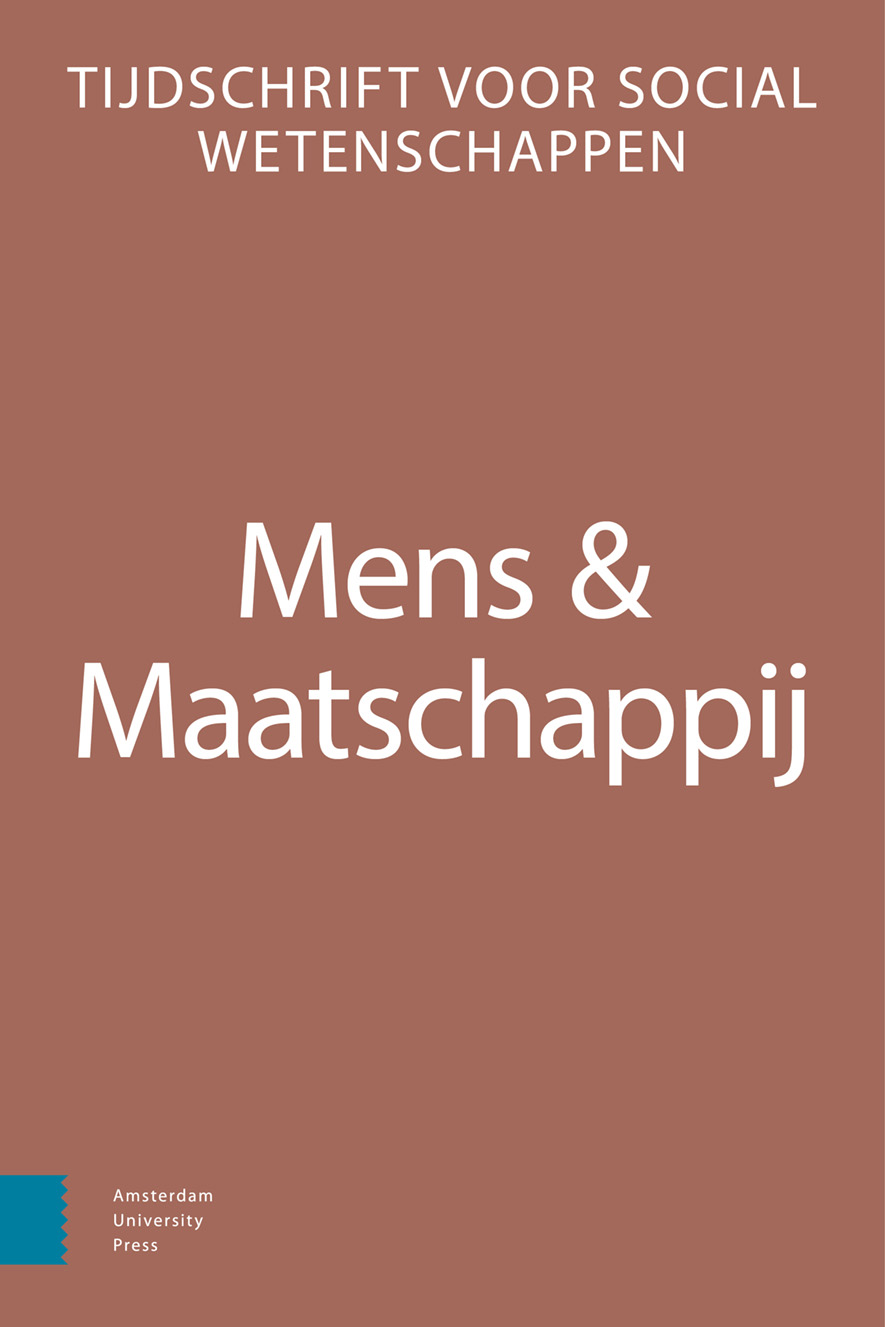-
oa Individuele verschillen in sociale dilemma’s
Het effect van vertrouwen op straffen in een publiekgoedspel
- Amsterdam University Press
- Source: Mens & Maatschappij, Volume 95, Issue 1, Mar 2020, p. 29 - 53
-
- 01 Mar 2020
Abstract
Individual differences in social dilemmas: the effect of trust on costly punishment in a public goods game
The establishment of cooperation in public goods dilemmas is important to real life problems such as improving the environment. Cooperation is facilitated when people are able to punish uncooperative behavior. Individual characteristics of persons, however, can affect cooperation and punishment behaviour. This study focuses on individual differences in trust and investigates the effect of trust on cooperation and punishment behaviour in a linear public goods game with peer punishment opportunities. The research question is: ‘What is the effect of individual differences in trust on cooperation and on the likelihood of punishing non-cooperative behaviour of fellow players in public goods games with punishing possibilities?’ Experimental data of 148 participants is used to research their cooperation and punishment behaviour. Multilevel regression is used to analyse the data. The results demonstrate a positive effect of trust on cooperation. We do not find an effect of trust on punishment. Further suggestions are provided for future research on how individual motivations still might affect behaviour in a social dilemma with punishment opportunities.


